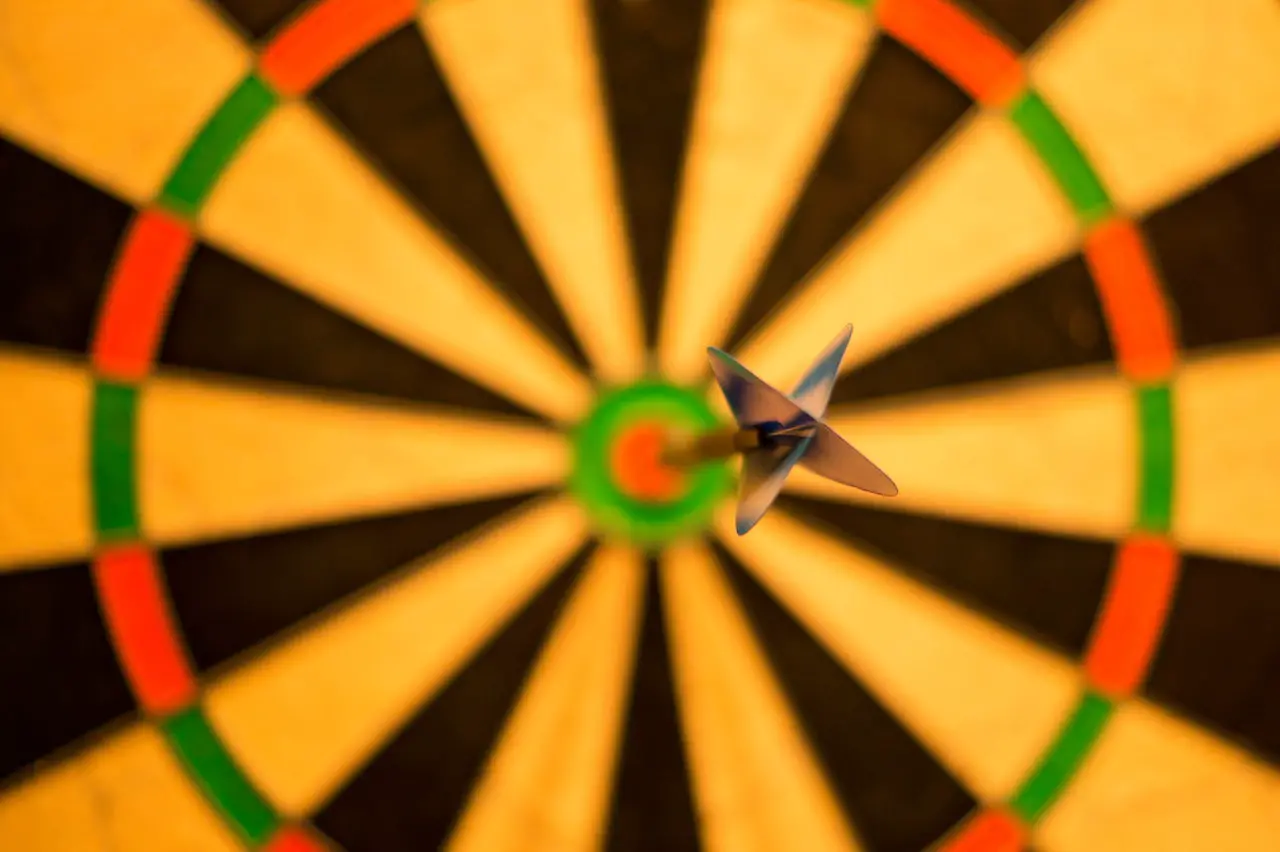If you are interested in learning more about critical thinking and goal setting, you aren’t alone. A lot of people want to understand how critical thinking can improve their ability to create and reach goals that matter to them.
Critical thinking is intended to help you make decisions and find solutions to the problems that you face in life. Both of these things are important aspects of goal setting and analyzing your current situation so that you can make the right decisions. Critical thinking may also help you to tackle inconsistencies in your reasoning.
When you introduce critical thinking into your life, you empower yourself to create great goals for the future. In this article, we’re going to explore the relationship between critical thinking and goal setting, and how you can help yourself to make the right decisions.
Why Does Critical Thinking Help You To Set Goals?
Critical thinking is a key life skill, and it’s a very important aspect of goal setting. Critical thinking involves and hones a whole variety of tactics that you can use when setting goals, including:
- Finding evidence that the goal will be beneficial to you and your life
- Recognizing the arguments for and against a particular goal you are thinking about setting
- Examining evidence and analyzing its validity in a wider context
- Questioning assumptions that you have made and whether they are truly helping you
- Looking at problems systematically and logically to get the most accurate possible assessment of them
- Identifying patterns that will give you more information about your thinking
- Basing your thinking firmly in fact, rather than emotion or intuition
All of these things will feed neatly into goal setting, because when you create life goals for yourself, you need to know that those goals are going to truly fit what you need. If you don’t take the time to identify the goals that are going to change your experience of the world, you will be wasting your time pursuing those goals.
If you instead apply critical thinking, you will be in a far better position to devise goals that are going to help you forward, rather than holding you back. Critical thinking also encourages creativity, which is necessary for coming up with good goals. If you aren’t thinking creatively about your life, you won’t problem-solve as effectively as you otherwise could.
How Can Critical Thinking Help You Specifically?
One of the first things that critical thinking will do for you is help you to get a better understanding of yourself. Every person faces unique challenges in life, and before you can set any goals for yourself, you will need to understand what your challenges are.
Critical thinking encourages you to question your life and your ambitions so you can accurately identify what you want. Instead of thinking constantly that you want to be a doctor because you’ve always been told it would be good and you assume it could work for you, taking a critical approach will enable you to slow down and question that belief.
This initial step is one that many people miss, but it’s fundamental to finding goals that will be beneficial to you, rather than just goals that others have suggested, or that sound appealing on a surface level. By slowing down, you can ensure that you are working toward something you genuinely want before you start putting in the work. This will make life much easier for you.
The other advantage of this is that it negates other influences and encourages you to think for yourself and by yourself. Instead of depending upon others to tell you whether they think you are doing the right thing or not, you will be able to assess the situation rationally and decide that alone.
There is therefore an enormous degree of empowerment involved in critical thinking and goal setting; you have the tools you need to determine where you want to go, without anybody else’s input.
How Should You Set Goals?
Now you know the basics of using critical thinking, let’s find out how you should set a goal.
- Firstly, start by assessing where you are in life, and identifying any pain points. What things bother you? Are you lacking in skills, finances, fulfillment, romance, or something else? Write a list of these.
- Secondly, look at the list and determine the most important factors. Many people pick three to focus on. What are the biggest things that you would like to change? This is the critical assessment where you think hard about the problems, and analyze the evidence.
- From here, you can identify what the challenges are to changing them. For example, if you are short of money, you might want to consider whether you can solve that problem by getting a new job, taking on a side job, or reviewing your spending. Determine which of these feels the most realistic, and make whichever you have chosen a goal.
- You can then start to think about implementing this goal. Again, this will involve assessing your current situation, as well as hypothetical future outcomes that you need to consider. Using the rational side of critical thinking, rather than emotional ideas of how things “might” play out, will help to ensure that your goals are realistic.
- As you begin to work toward your goal, you can start assessing the evidence that will tell you whether things are going well, whether you are making progress, and whether the goal is still in line with the things you want in life.
Applying this process to every goal you consider for the future will help to ensure that you are realistic and rational about the things you want to achieve.
Conclusion
Goals are one of the most important parts of getting yourself to move forward with life; they give you the scope to improve and to achieve things that you have dreamed of. However, there is no point in setting goals without thinking carefully about what you want – and this is what critical thinking will help you achieve.
Critical thinking is absolutely key to all aspects of creating goals that are tailored to your life, your strengths, and your needs, so this is a skill you need to learn if you want to succeed.
References
https://www.employeepedia.com/manage/setting-goals/8142-critical-thinking-15-examples-for-setting-performance-goals
https://blog.futurefocusedlearning.net/critical-thinking-benefits
https://www.indeed.com/career-advice/career-development/importance-of-critical-thinking





